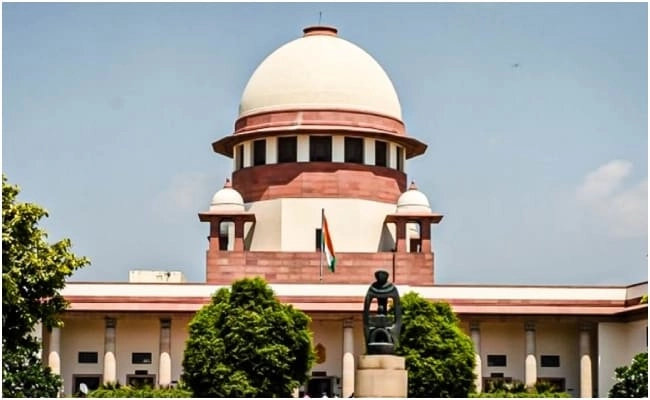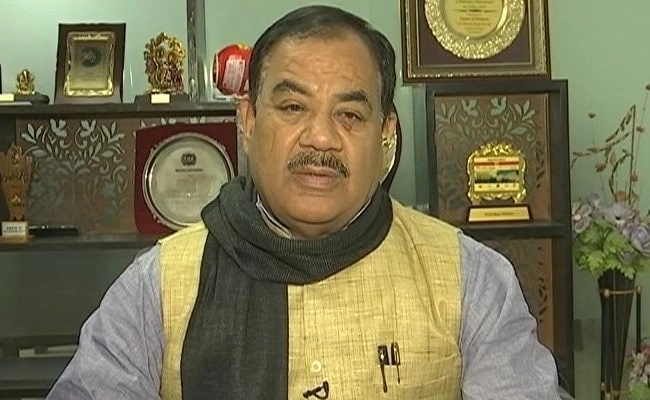In a shocking turn of events, a group of individuals recently released on bail in connection with a gangrape case in Karnataka found themselves back in police custody after celebrating their freedom in a highly inappropriate manner. Videos surfaced showing the accused parading through the streets, reveling and openly flaunting their temporary release. This brazen display of apparent disregard for the gravity of their alleged crimes has sparked outrage among the public and raised serious questions about the justice system’s effectiveness in handling such sensitive matters.
The initial gangrape incident had already sent shockwaves through the local community, igniting discussions about safety, justice for victims, and the societal attitudes surrounding such heinous acts. The accused, instead of showing remorse or acknowledging the pain inflicted upon the victim and her family, chose to celebrate as though their actions were trivial. This behavior not only disrespects the victim but also undermines the judicial process. Their actions were perceived as an affront to the very concept of justice, leading to widespread condemnation from various sectors of society, including activists, political leaders, and ordinary citizens.
In response to the public outcry and the blatant celebration by the accused, law enforcement took swift action to re-arrest them. This decision underscores the police’s commitment to maintaining order and ensuring that individuals who commit serious crimes are held accountable for their actions, regardless of their legal status. The re-arrest serves as a reminder that bail does not equate to acquittal, and those who find themselves in such legal situations must understand the serious implications of their actions. This incident raises broader issues regarding the treatment of sexual assault cases in India and the societal changes required to protect victims and ensure justice is served.
As the case continues to unfold, it highlights the need for a more robust legal framework and societal support mechanisms for victims of sexual violence. The community’s response reflects a growing intolerance for such behavior and an unwavering demand for justice. The hope is that this serves as a catalyst for change, prompting necessary reforms within the justice system to prevent future occurrences and to ensure that victims feel empowered to come forward without fear of societal backlash. The journey towards justice for the victim and accountability for the accused is far from over, but the collective outrage may pave the way for a more just and equitable society.




